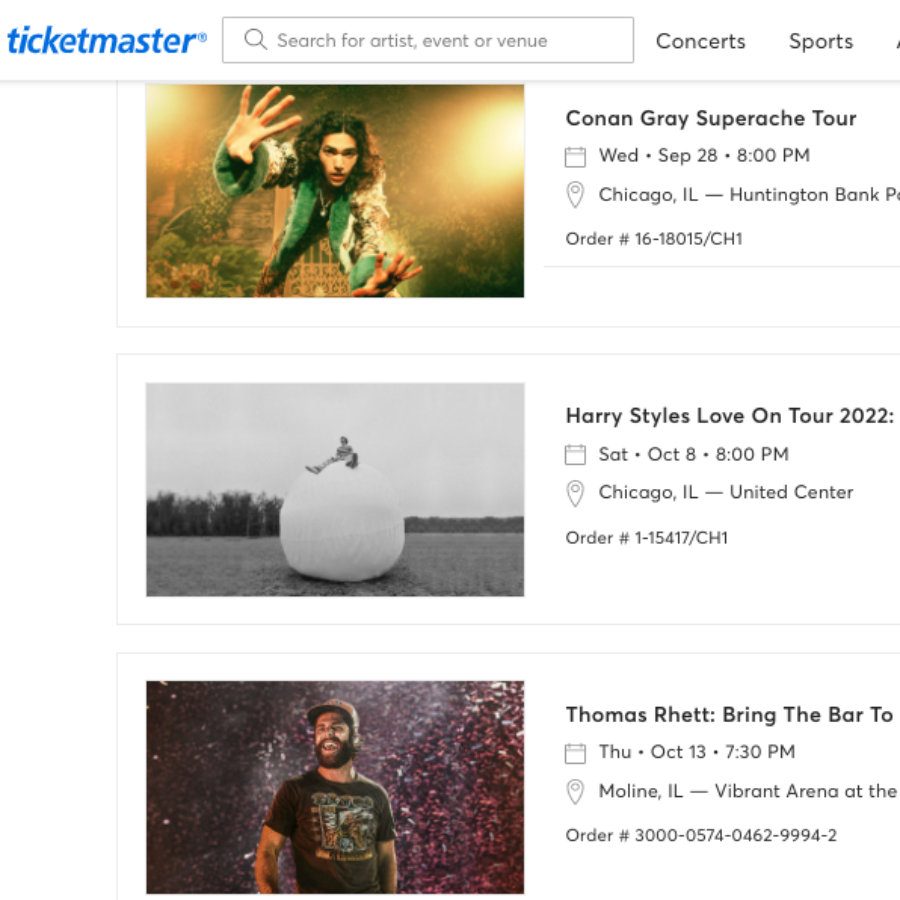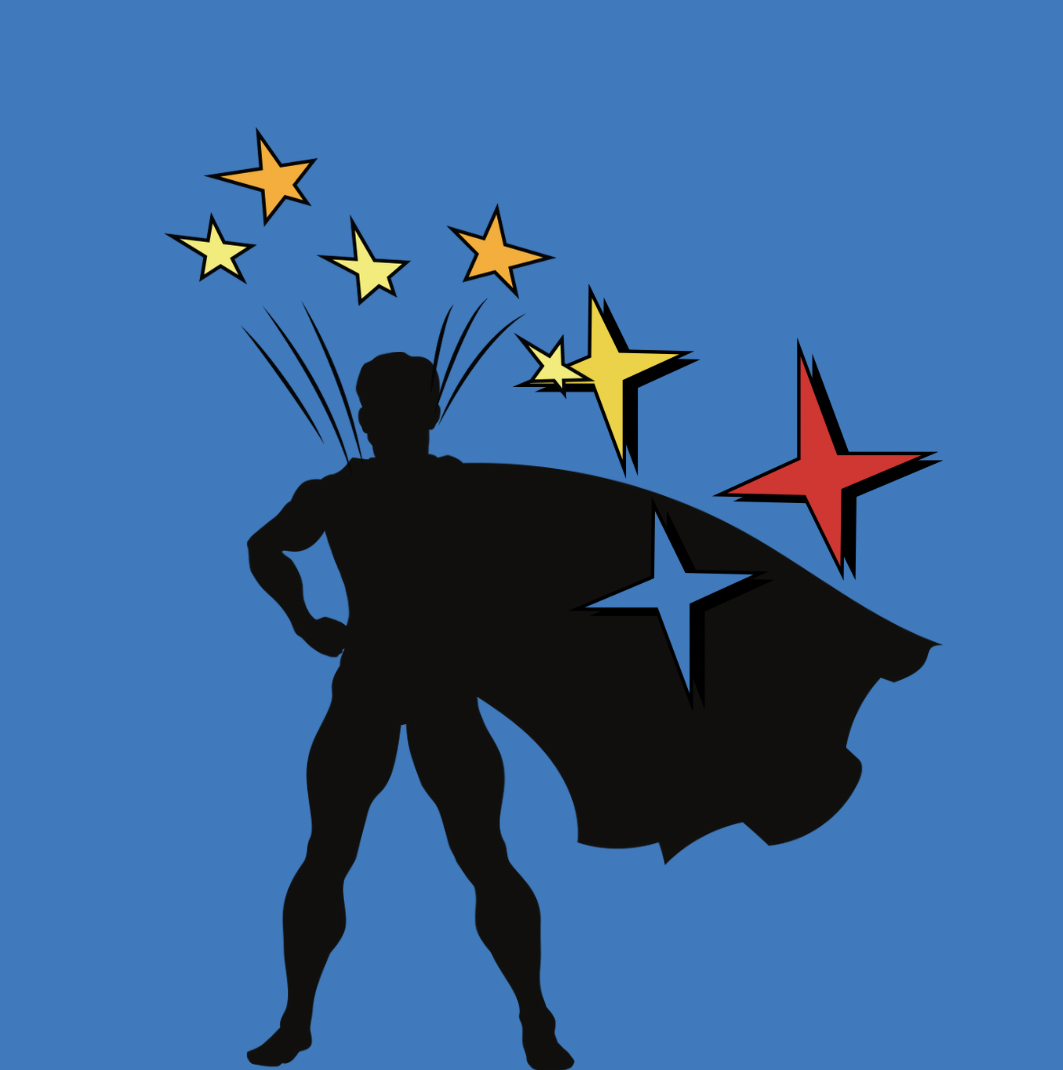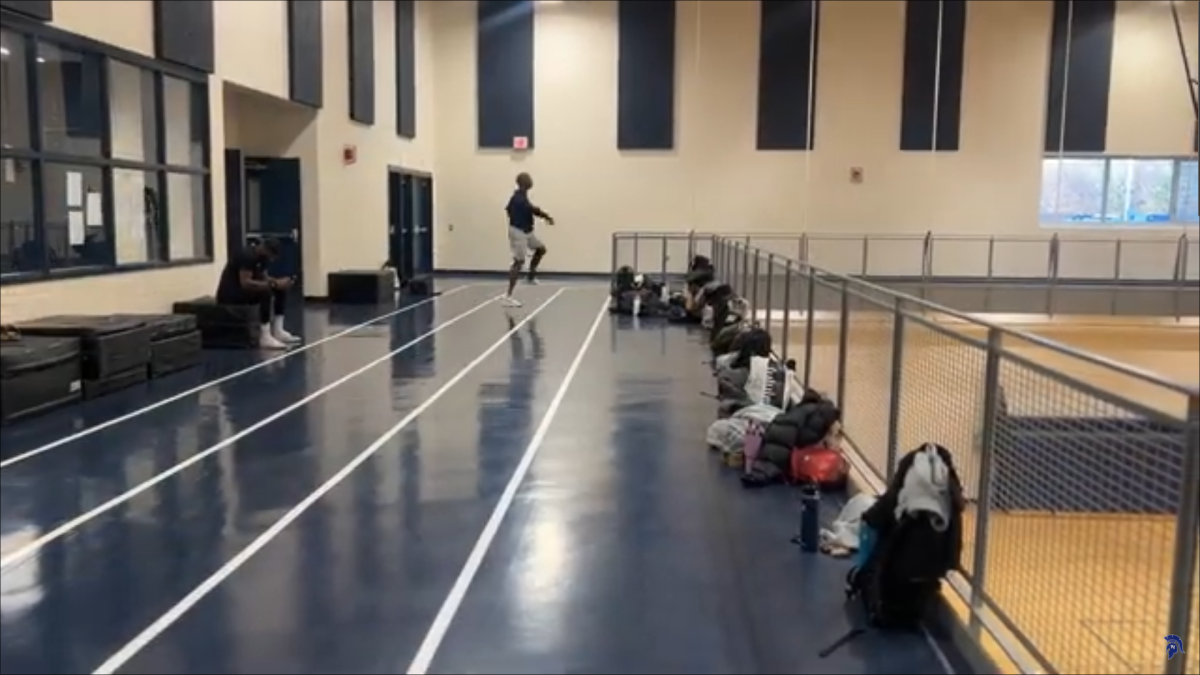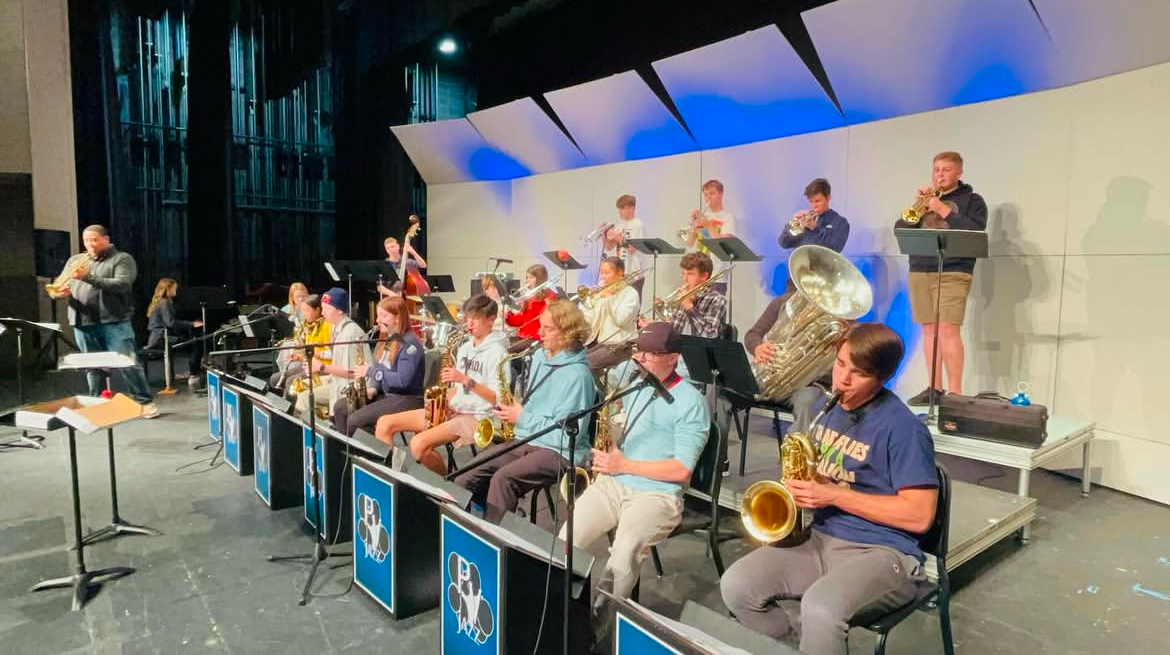The dream of experiencing concerts and events is often overshadowed by the nightmare of purchasing tickets–and the perpetrator of these nightmares is growing.
The merger between Live Nation, the largest American concert promoter, and Ticketmaster, the biggest ticket provider, birthed an iron-grip monopoly over ticket sales, leaving consumers with limited reliable options to purchase tickets. Accounting for 66% of sales and over 80% of major US concert venues, Ticketmaster dominates every one of its competitors.
This monopoly has raked in millions of dollars for the company while crushing the dreams of hopeful fans. One prominent example of this exploitation was the price of tickets to see pop artist Harry Styles.
Styles’ third studio album, Harry’s House, exploded after its release in May of 2022. Debuting at No. 1 on the Billboard 200 albums chart and smashing streaming records, the album was one of the biggest releases of the year. Paired with the rescheduling of his Love On Tour concert tour, the hype around Styles reached an all time peak.
Ecstatic fans were left heartbroken after seeing the price tag attached to tickets, some reaching over $11,000.
Another case is BTS. For their Permission to Dance on Stage tour, BTS tickets’ resale prices peaked at $19,000.
Ticketmaster’s practice of demand pricing and its reselling policies have caused ticket prices to be inaccessible for most fans. Demand pricing uses customer demand to estimate the perceived value of a ticket, while Ticketmaster’s specific reselling policies allow customers to sell previously purchased tickets at a price of their choosing. Ticketmaster sets the face value price, but future prices are left to the discretion of resellers.
Junior Margil Sanchez Carmona is no stranger to resold tickets on Ticketmaster. “I was extremely lucky to not be affected by resold seats, but I have seen a lot of reselling online. Ticketmaster doesn’t really include much information about resellers,” Sanchez Carmona said. “Resellers are very unprofessional for the high prices they give,” he stated.
Individual artists and venues can establish a maximum and minimum price, but rarely do. On top of boundless prices, a service fee can add 30% to the subtotal.
Uncoincidentally, this fee remains hidden until consumers either click pay or “show prices with fees.”
Senior Cheyenne Meeks remembers her experience purchasing concert tickets for the K-pop group Stray Kids. “I went to a Stray Kids concert during the summer and I originally bought the tickets for 60 dollars, but the resale price for tickets in the same section was over 200 dollars,” Meeks recounted. “I couldn’t have gone if I didn’t get the tickets for their face value,” she concluded.
With the troubles of fans abundantly clear, can Ticketmaster’s business practices be deemed ethical?
Ticketmaster is not the only guilty party, but rather a broken part of a corrupt system. The capitalist mindset stresses profit as the most important aspect of a business. Adopting the phrase “greed is good,” capitalists focus on individual success and benefits over those of the consumers.
When principles are placed on a lower podium than success, and businesses blur the line between profit and ethics to create monopolies, consumers are the ones placing last. Until the system is fixed, consumers will continue to receive the short end of the stick.















